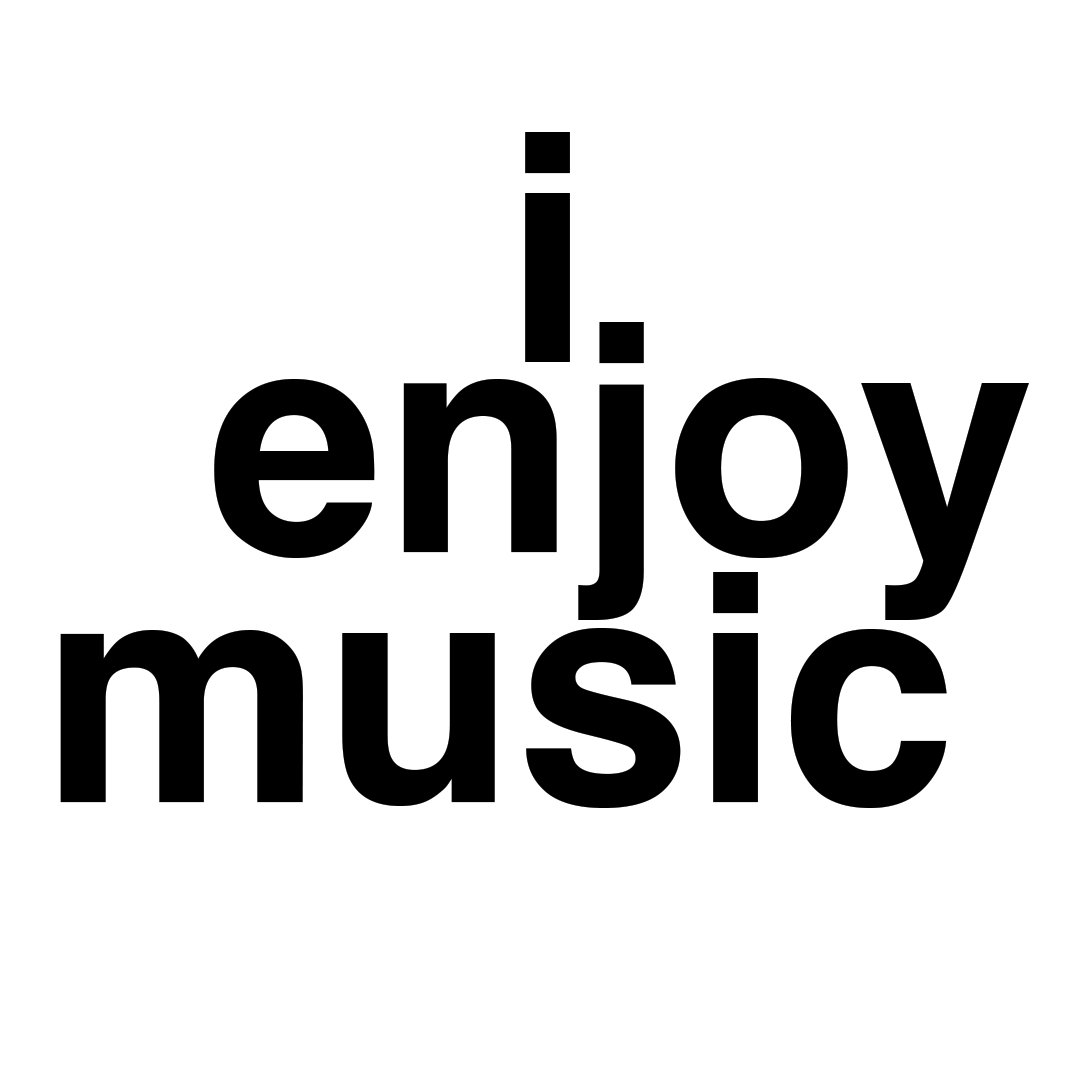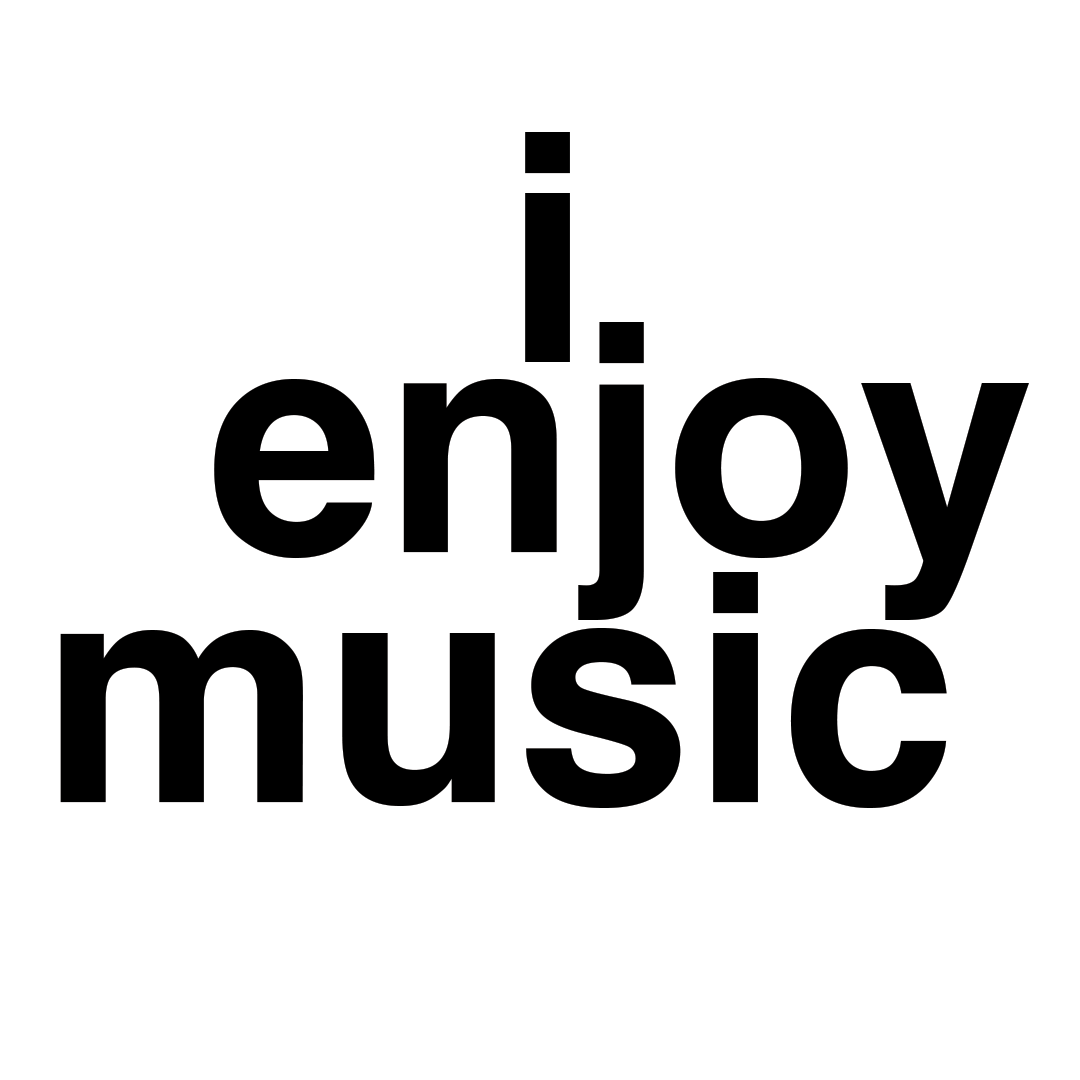"sh*t has continued to get weird" - an interview on music and tech with College Hill
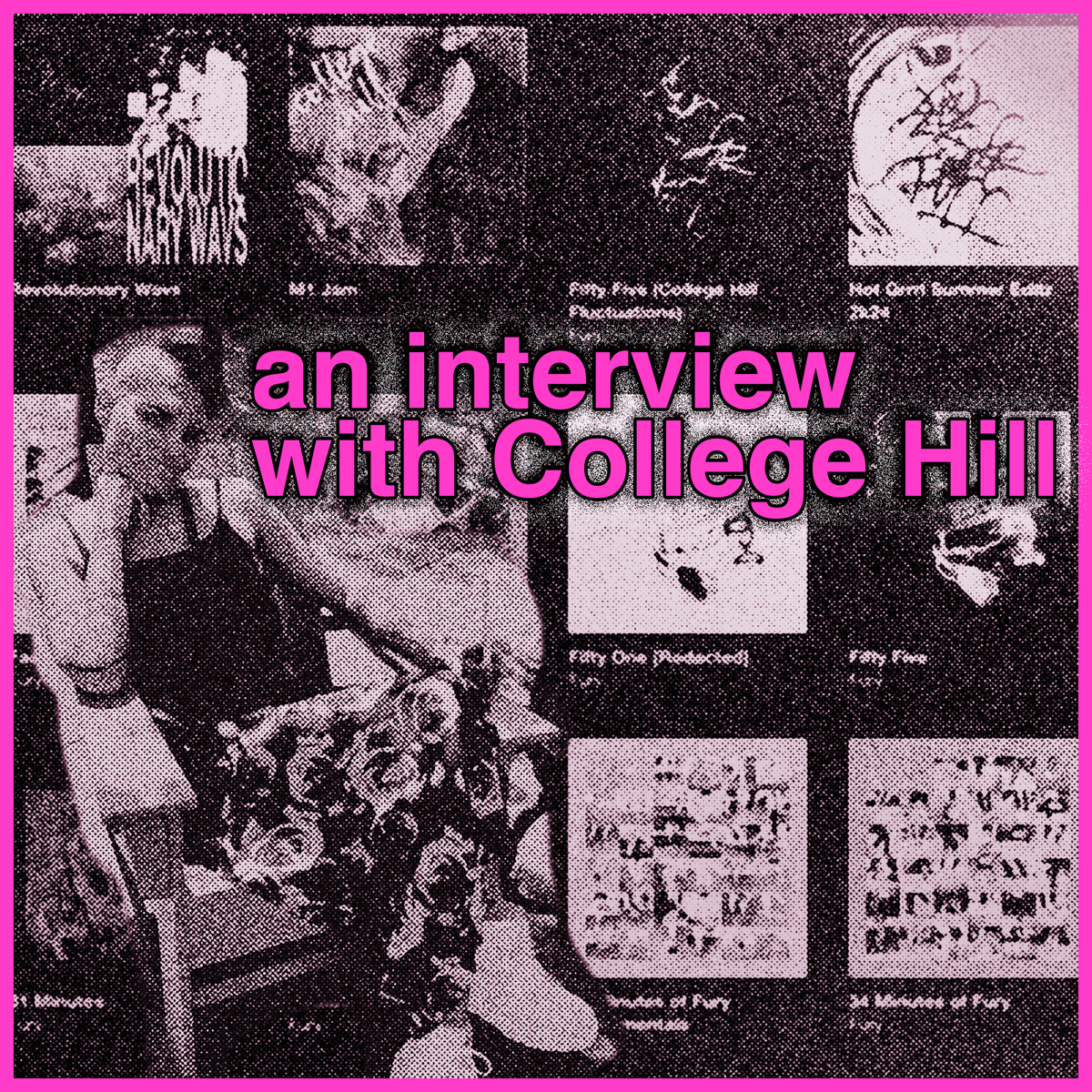
As a lady with an interest in the intersection of music and technology, I was pleased to see an article about the digital music platform Nina Protocol pop up on my Twitter feed this past spring. "I don’t know who needs to hear this, but Nina Protocol is a sketchy NFT platform," went the Medium headline, followed by 4,000+ words that meticulously detailed not only Nina's semi-hidden crypto infrastructure (the platform's relaunch last November included the promise "no crypto required," but as the article points out, that's not quite true), but also a shitload of blockchain terminology and general crypto inner workings, all in crystal clear language.
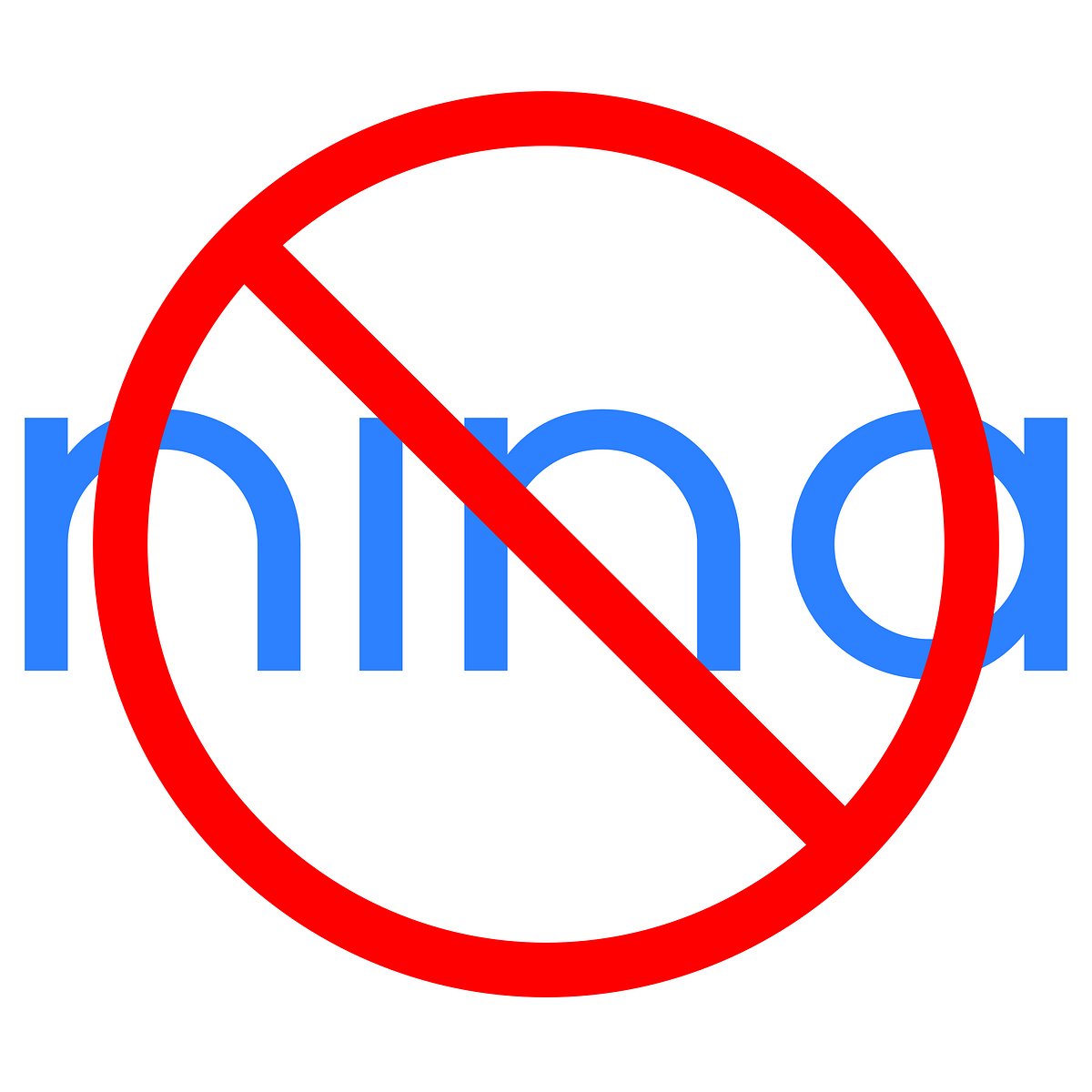
I had seen Nina appear as a Bandcamp alternative, complete with a nice-looking editorial vertical, and wondered how much crypto had to do with it, just because crypto tends to sneak into any kind of project involving music and tech—for example, after I poked around James Blake's music service Vault, Sean Adams from Drowned In Sound told me it was related to the crypto platform Sound.xyz. And here was the answer, laid out neatly! The research that went into the Medium post's reporting, as well as the clarity of its messaging, blew me away.
Who wrote it? That would be Rae, aka College Hill, who not only goes long on music-tech topics, but also produces hype and erudite electronic music at an impressive clip (a recent experimental footwork album of hers, released under the recording name Fury, is billed as a musical epilogue to Mark Fisher's Capitalist Realism), and archives grime music on The Grime Archive, a site she coded herself and stocks with hundreds of grime recordings searchable by MCs, crews, and even radio stations. Whether digging into the botty background of "Musicians for Biden-Harris" or spiking Charli XCX's "360" with louche breakbeats, Rae is bringing meticulous technique and an expansive perspective to both Internet Music and the Music Internet.
I knew I needed to interview her for I Enjoy Music—below is a lightly edited Zoom conversation where we get into AI doomers, grime color palettes, reggaeton lawsuits and much much more.
[Molly] Thank you for chatting with me. I found your work from the Nina deep dive that you did, and was really impressed that not only did someone tackle what this thing was, but actually broke it down in a way that someone like me could understand.
[Rae] I'm glad that worked. I'm sort of new to the whole writing thing. I was trying to break it down in a way that would be familiar to non-tech people in the music world. I think people not being familiar with crypto stuff is why they've managed to get a foothold in the first place.
When did you start getting interested in the crypto-AI-general-tech writing and research?
So I was introduced to crypto when I was at my last job, by an ex-Microsoft employee who I respected very much. He was very forthcoming about the actual pitfalls. And this was back in 2017, when it was obvious that Bitcoin wasn't going to be a thing, but not as obvious that DAO / blockchain applications weren't going to pan out. I ended up investing and I made a decent amount of money because there was a bull run in 2017, 2018.
Around that time is when NFTs first got introduced, too. There was an NFT thing called CryptoKitties, and when NFTs came back around and they hadn't really improved at all or made any more sense than CryptoKitties, I was like, Wait, there's nothing behind this besides hype. And it gets a little bit more complicated when you're making a music platform, but it still doesn't make any sense.
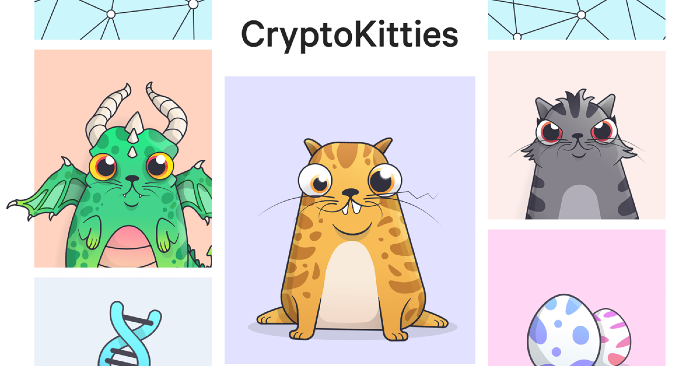
Would you say that with the tech trends that have something to do with creativity, like music or art, is the bottom line just trying to do this pump-and-dump thing where it's all about getting people to buy in and then cash out? Or is it is a little more complicated than that?
The selling point is that they're transferring the collectible aspect of physical records into the digital realm. So it's less pump-and-dump, and more a promise that you'll be able to sell [digital assets] off to someone else and keep part of the profits. I don't want to call it pyramid-y, because that's not technically what it is. But I think it's coded into both Nina and Sound.xyz, the other big NFT music platform, that the original seller gets some of the resale. It's not going to work long term. And also integrating the blockchain comes with energy costs and generally is just a pain in the ass.
That's the bigger thing, right? Especially for music, where it's something that has a lot more data, it's even harder to get that on the blockchain, or then you don't host it on the blockchain and then it's not a crypto thing anymore. It gets really complicated very fast.
What is your research process like for writing these deep dives?
It's kind of haphazard at this point. It's mostly whatever piques the interest of my ADHD brain to go fall down a rabbit hole, and then I gather everything and report back. A lot of the writing stuff I'm focusing on now is on the tech side, because there's a lot of fucking racism in tech and AI. Have you heard of artificial general intelligence?
I don't think so.
The short version is that people think sentient A.I. is coming soon and they've turned it into a religion.
Oh, is this the effective accelerationist thing?
Effective accelerationism is part of it, but there's other ideologies within the same sphere. There are two other researchers who coined the term for the larger group of ideology—they called it TESCREAL, and that stands for Transhumanism, Extropianism, Singularitarianism, Cosmism, Rationalism, Effective Altruism, and Longtermism. All the people who are into sci-fi in some vague way have merged together into this very, very weird, religious sort of thing in regards to superintelligent A.I. coming. And then because they're so into superintelligent A.I., they also get into race science. I stumbled across this whole made-up field of A.I. called A.I. alignment, which is presupposing that A.I. God is coming and they want to make him not kill the entire human race.
What is your take on why this might have come up at this point in time, with this particular technology?
ChatGPT made people lose their minds, basically. The various movements have been around for a while, but after ChatGPT launched, a lot of the people who were preparing for, "Oh my god, killer A.I. is coming," really started freaking out. Shit got really weird from there, and it has continued to get weird ever since.
It's like a doomsday cult with a faux-rational mindset.
That's exactly what it is. And unfortunately, they have the ear of a lot of big tech people, and then the money of a lot of big tech people. Elon is into this. Elon buying into this is the reason he met Grimes. Peter Thiel is into this. Some other crypto people are into this. There's a lot of money being funneled into it and now they're using it to lobby Washington because they have money and they're scared that we're all going to die.
There's not that many people reporting on it yet. It's been picking up. But I've been in that sphere of, What the hell happened to A.I.? Because I have an undergrad background in A.I. before I went into non-machine learning tech. I was putting my head back in after not keeping up with things and being like, Oh my god.
Ha, it's like in Community where Donald Glover comes back into the room with pizzas and everything is on fire. Sorry, what a millennial reference.
Yeah, exactly. And A.I. shit is also being shoved into everywhere else, and it doesn't work. That's my pet peeve on a scientific level. It's just dumb. So I'm pretty disillusioned with tech right now. I'm focusing on my music and my writing and my transition right now.
Well this is a good segue, I'd love to talk about your music. I was listening to some of your footwork albums where you're recording as Fury. How long have you been into footwork in particular?
So I got into it around 2010 when it first blew up internationally, I remember when "Footcrab" by Addison Groove dropped and that was a 140 bpm footwork track that blew up in the dubstep scene. Then Planet Mu and Hyperdub started releasing it. It made sense to me because I'm from the D.C. area and I went to school near Baltimore, so I've always been exposed to Baltimore club on the radio, and this was faster Baltimore club, turned half time.
I was really into it. I'm very into the syncopation aspect. I liked it enough to dedicate some focused musical effort on it, and make it into [its own] alias rather than my main alias, because I do a lot of genres.
What else do you do?
I originally started producing when I was in high school, back in 2007. At that point, 2000s breakcore was my big thing. And then I started getting into dubstep right before the whole brostep thing started. I produced dubstep for a while, then when the whole brostep thing happened, a lot of the scene splintered and started doing techno and house stuff, and I was put off by a lot of it...it's gotten better, but initially I was not that enthused.

And that led into grime because I hadn't explored that much and it's sort of a sibling genre. I guess I primarily consider myself a grime producer. I haven't produced that much of it lately, but for probably 2010 till 2017-ish, that was most of the stuff I was writing.
I also started producing at 150 BPM almost exclusively for a while, because I realized there's this big gap between 140 and 160, it's an underused tempo.

I noticed something on your Bandcamp—you put your music up as Creative Commons! I'm a big fan of Creative Commons.
I put everything up as Creative Commons. I use a lot of samples anyway, and they're uncleared because no one can clear samples unless you're rich. I don't really care about "all rights reserved." I've probably forgotten to check the Creative Commons box a couple of times, but I try.
That's great. So would love to hear your thoughts on A.I. music platforms. I interviewed someone over email recently about a song he created, and he made it on Suno. I know it's a large umbrella of a topic, but how do you feel about A.I. music in general?
Putting aside the whole copyright training data issue, which is obviously a big thing—on a practical level, it seems to be a dead end. I can see it being used for sample fodder, like "BBL Drizzy." But as a standalone thing? It'll be able to do "X thing but Y" but that's the only thing it can do, because that's what's in the training data. It comes pretty mixed down already, which is tricky. Extending tracks becomes trickier too, because there's memory issues on the tech side. The quality is always going to be an issue, too.
I'm also not sure how much it's going to grow. A lot of people keep saying that A.I. is going to keep getting better, but there's really no guarantee about that. It becomes increasingly harder to shove more data into it, and it becomes increasingly expensive to run a business. So I don't know how long Suno is going to be around. I don't know how they're making money, I don't know how a lot of these things are making money. Same with Nina—the finances don't make sense because they said they were going to charge people, and then they didn't.
It seems to be a real race against time to find some kind of monetization that makes sense.
And you can't tell exactly from the outside because there's so much venture capital shit, but it doesn't add up. Training these things takes a lot of energy—a lot. And then running them takes a lot. And that's expensive.
When did you start doing The Grime Archive?
That was around 2015, I believe. I noticed that, because of copyright issues and pirate radio in general, the whole radio history of grime was not archived well anywhere besides like YouTube at the time. A lot of people were sharing on MediaFire and SendSpace and all those other shifty upload sites. I was like, this is this is not good for the long term. There had already been a couple similar projects. There was Barefiles in the mid 2000s for dubstep sets, and Slakk, a grime producer, was archiving sets for a while.
I wanted to keep going from where they left off, and have a proper database design too, because I started to realize there's so much metadata that isn't going to be captured normally in standard mp3 tags, right? The crews that all the MCs are in, what radio station it was on. It doesn't really work fit it into the existing paradigm of authorship that basically all music infrastructure was designed around.
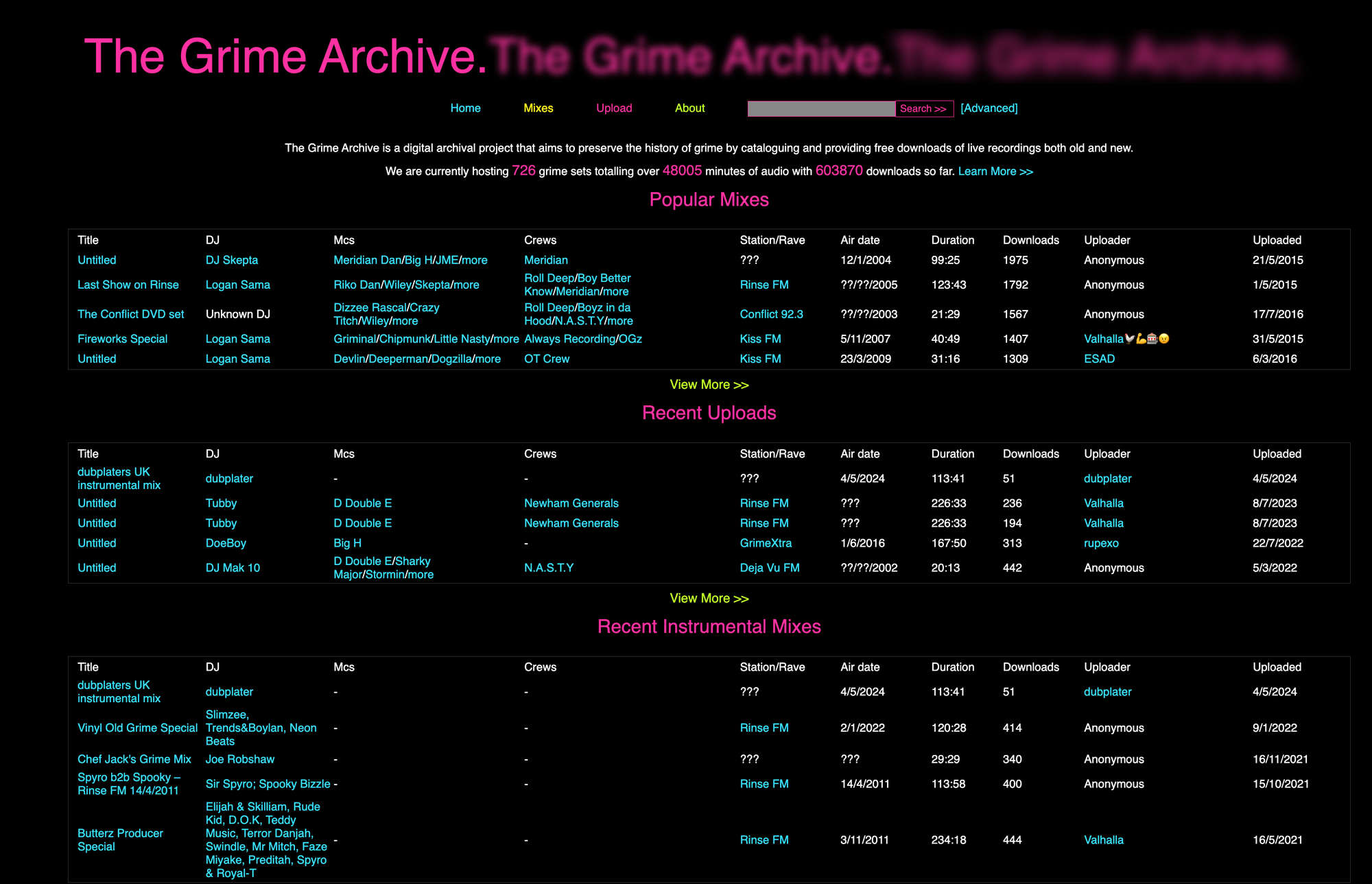
Well, I really like the design of the site. Did you code everything?
Yeah, I had some help because it was earlier in my career, but it's all my code. I tried to keep it very simple because I didn't want to have to do too much maintenance, but I'm glad you like it.
Sometimes simple is is better than getting way too crazy with the website design. I like the colors.
That color scheme ended up being used for a lot of grime for some reason. I'm not sure where it came from. There's a couple of big grime compilations that use that color scheme. I think Grime Forum also used it for a while too, so I was like, I guess these are the colors of the genre, let's go minimalist and just stick with that.
Another influence and inspiration for it was Riddimguide, which archives reggae riddims. That's another piece where metadata is not going to capture that element, which really is the most important aspect of a lot of reggae records.
Is anything you're working on right now that you're excited about? Or any kind of just future goals for your various practices?
I still have a lot of unreleased music—not footwork, I've gotten all of that out of my system now. I have a grime dubstep album that's about the war on terror in the pipeline. I finished that up a while ago and it's been sort of sitting on my hard drive. Also a lot of experimental club slash dub techno, that's kind of been my sound for the past couple of years and I haven't gotten around to releasing a lot of it. That's the stuff I'm happiest with the most right now.
I'm going to have a heavy release schedule until, like, 2026, just 'cause I'm sitting on so much music, and I do my own artwork, which is more tiring than writing music. I don't want to do a big SoundCloud dump because it's not doing the music justice and it's harder to promote. That's the music side. On the writing side, I have plans to write an article about the big reggaeton lawsuit.
I didn't even know about this.
Oh, it's real bad. The reporting on it has been terrible, which is why I want to write something. Basically, the people who produced the riddim that got remade and then sampled in every reggaeton song are now suing every reggaeton song. When I say every reggaeton song, I believe the lawsuit got consolidated and had 1600 songs in it.
Holy shit.
It's being filed by Steely & Clevie. Who are legitimately legends in dancehall—though it's Steely's estate because he died, which complicates things. They're straight up saying the drum pattern of reggaeton is theirs, and everyone who uses it is committing copyright infringement, and everyone who samples the drums are committing copyright infringement too, which is wild. I think the latest update is that they might have thrown out the sampling aspect, but that could be worse because then it's based only on the composition of the beat. Which, I don't think you should be able to copyright that!
I'm very worried about the potential ramifications of this whole thing to other genres. And the lawsuit is also weird, because it's being very selective. There's also a ton of Jamaican producers that use the same beat, but it's only selectively going after reggaeton artists.
Yeah, I hadn't heard anything about this. Is that one of your goals with writing, to cover things that might not be covered or covered very well elsewhere? Music journalism, I feel like the infrastructure is crumbling...just like all the other infrastructure.
Yeah. Journalism in general is crumbling. Like with tech journalism, there's a lot of access journalism going on. I'm still trying to get into the groove of writing a lot. Especially because so much of the stuff I'm writing about is speaking truth to power. It's very anxiety-inducing.
I can imagine! Anything else that I didn't ask you that I should have, or anything you want to plug?
I would plug my other alias I use for acid techno, Morphologist, just because I'm working on the live set for that.
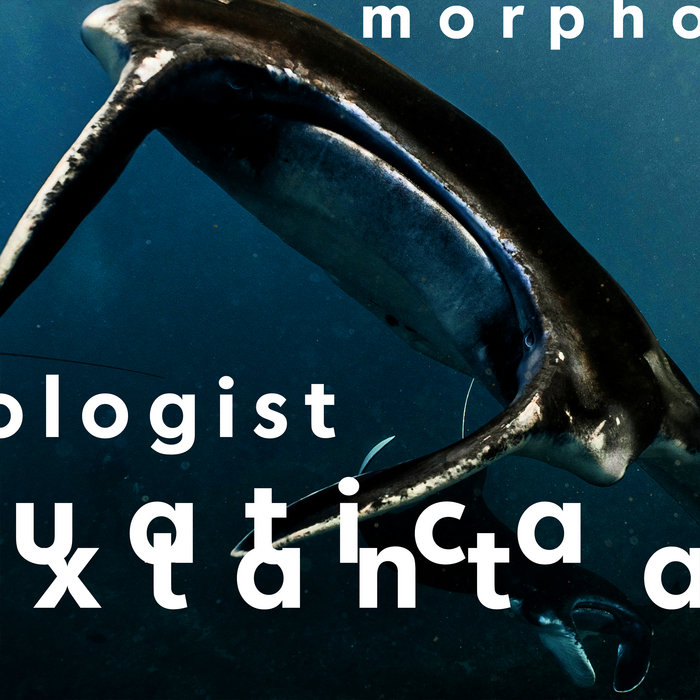
I have complicated thoughts on the copyright and aspects of A.I. art as they apply to sampling, but that's probably too complicated of a topic to fit into an interview. That's going to have to be an essay I write at some point. Twitter is where I post my music, and where I post stuff in between articles—there's so many crazy things I see that I just don't have time to type out full paragraphs about.
Thank you Rae! Check out the College Hill link aggregation here and her website here.
Thanks for reading I Enjoy Music! If you like it, tell a friend. If you really like it, buy the first PDF in the I Enjoy Music DUETS series!
